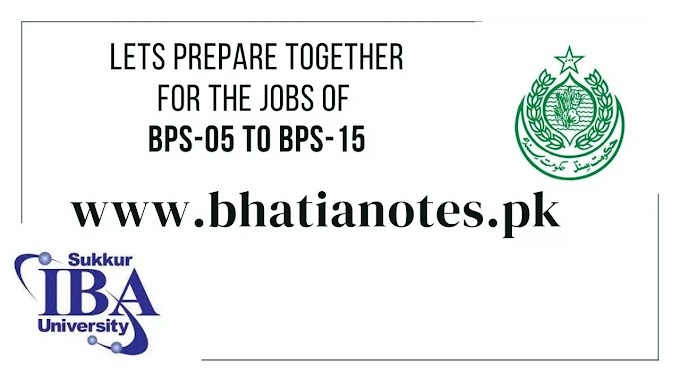HURDLES/BARRIERS to
EFFECTIVE LISTENING
Effective listening is also as important skill as
writing or speaking skill. Effective listening can be achieved when a person
gets properly what another person says or has said.
There are certain rules for effective
listening like the way we have in writing, but there are several hurdles or
barriers due to which effective listening is not achieved.
SOME COMMON HURDLES/BARRIERS
- LACK OF CONCENTRATION:
It is a
factor that sometimes we do not properly concentrate on what a person is
saying. The reason for this lacking is that we are busy either using a mobile
phone or talk to another person, and this results to distract our
concentration.
- NOISE:
Noise is another kind of a hurdle in
listening effectively due to the excessive noise a person is unable to get the
message of another person. Take an example of a classroom if there is much
noise classroom a student will not able to get what the lecture a teacher is
conveying.
- EXCESSIVE TALKING:
Communication plays an essential role in a professional
career and it is considered to be effective in achieving walk of life’s goals.
But sometimes excessive talking is proved to a hurdle in listening. A person
hesitates to communicate talk-active person and excessive talking sometimes bores
another person too.
- Trepidation:
Trepidation is a synonym of the word, fear.
Fear also works as a barrier in listening effectively. People often feel fear
while having a conversation and due to this they become oversensitive.
- Preconception:
Preconception is a prejudiced opinion of
feeling, which is certainly groundless and baseless. Preconception is a menacing
hurdle in listening effectively. The reason behind preconception that a speaker
or listener judges according to their beliefs, race, appearance, age, or caste.
A person with having a pre-conceptual nature will not have any interest to
listen or understand the person.
TIPS TO OVERCOME HURDLES:




